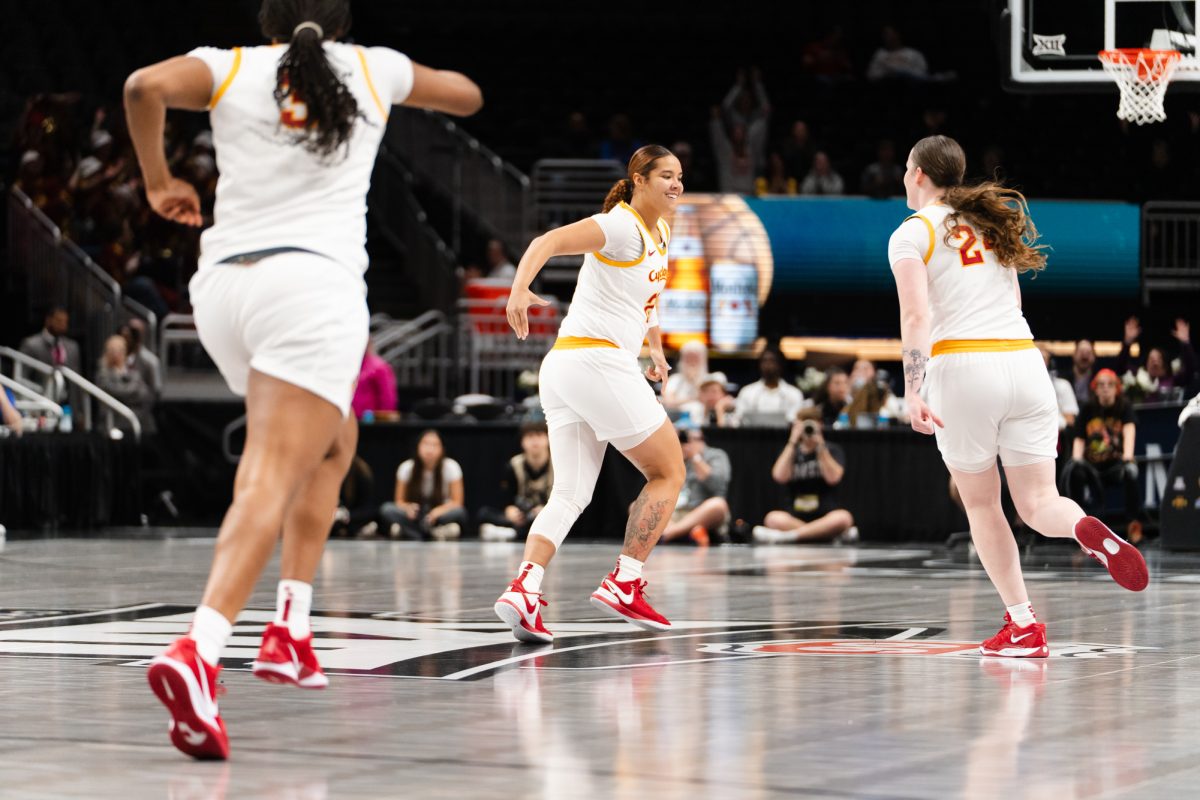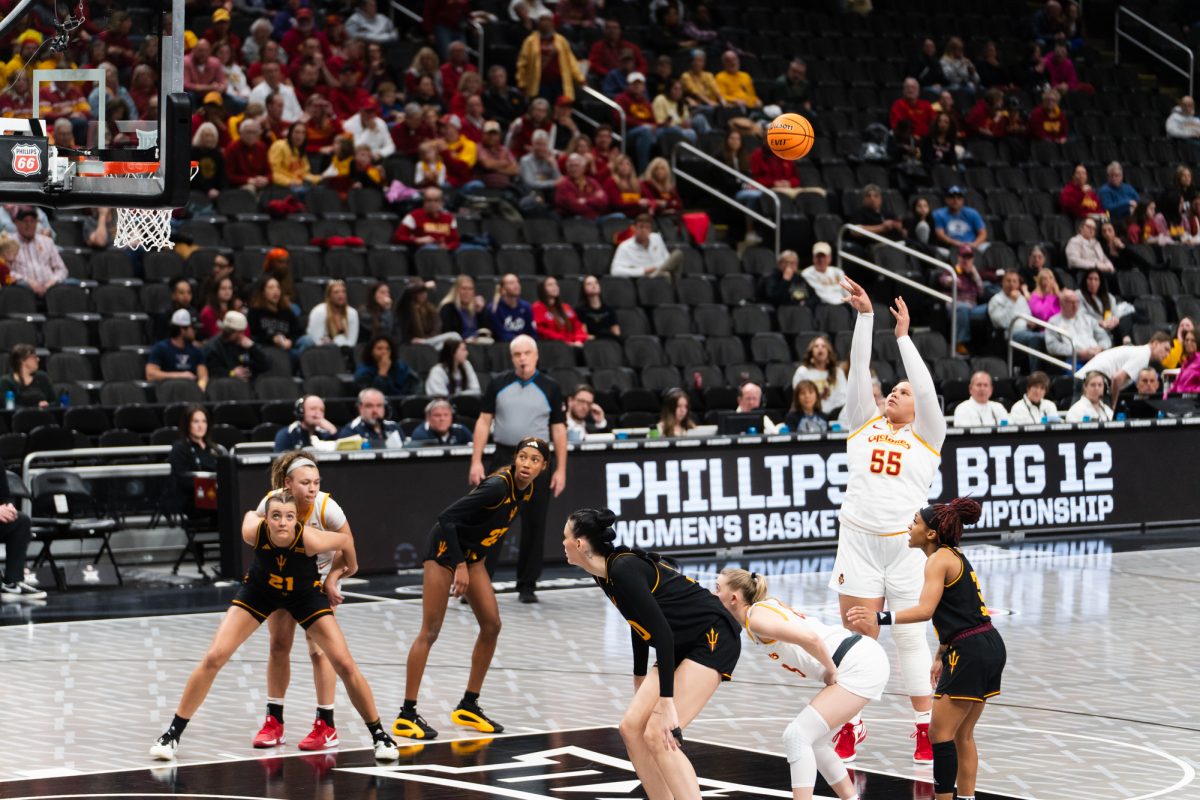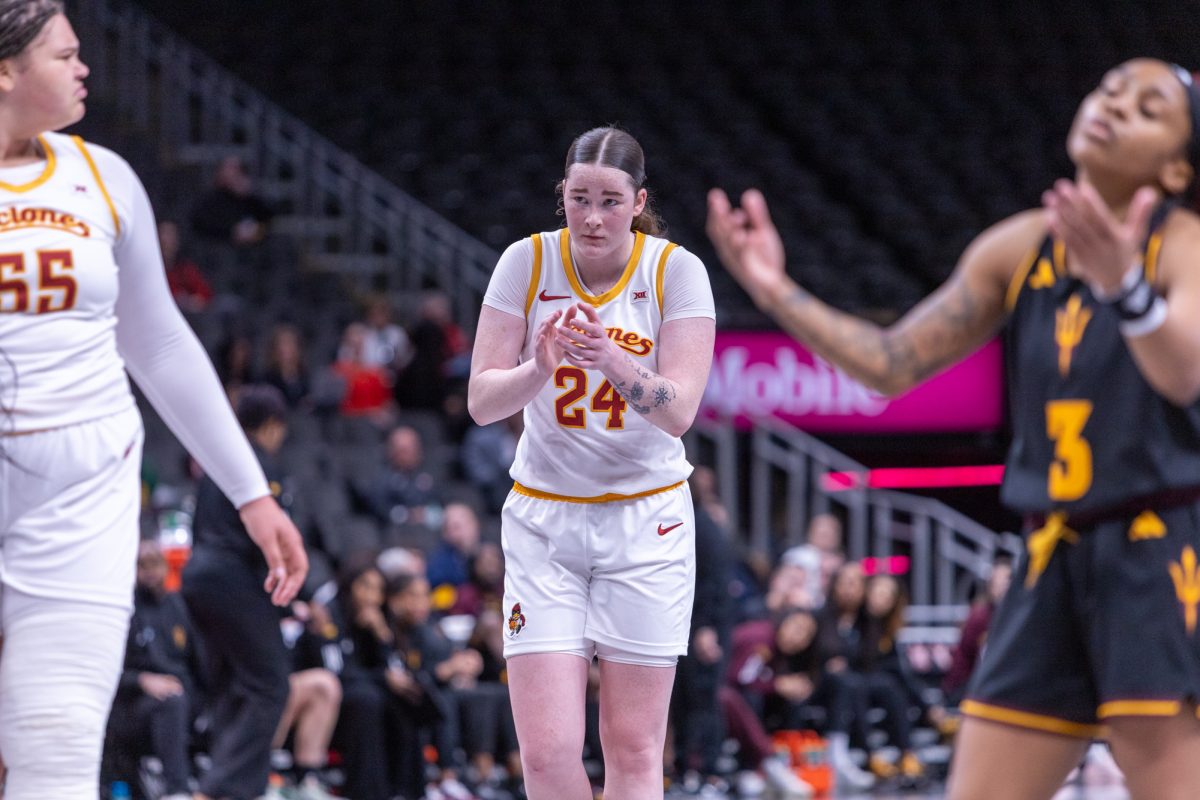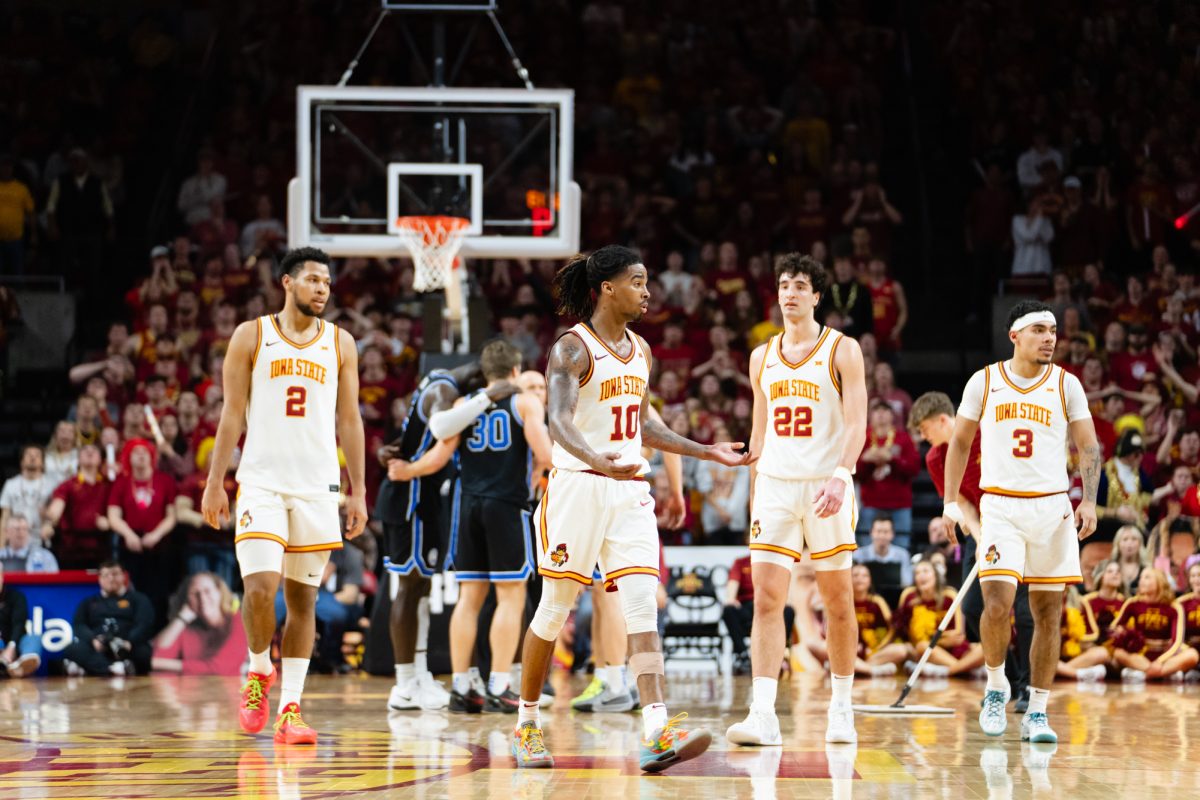Russian lawmakers recognize Georgia separatists
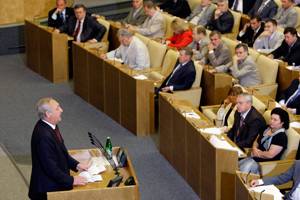
Abkhazia leader Sergei Bagapsh addresses the State Duma, lower parliament chamber, in Moscow on Monday, Aug. 25, 2008. Russia’s parliament voted unanimously Monday to urge the president to recognize the independence of Georgia’s two breakaway regions, a move likely to stoke further tensions between Moscow and the small Caucasus nation’s Western allies. (AP Photo/Misha Japaridze)
August 24, 2008
MOSCOW — Russia’s parliament voted unanimously Monday to urge the president to recognize the independence of Georgia’s two breakaway regions, a move likely to stoke further tensions between Moscow and the small Caucasus nation’s Western allies.
The votes by both chambers of Russia’s parliament, which were not legally binding, come as the White House announced Vice President Dick Cheney would travel to three former Soviet republics next week — Georgia, Ukraine and Azerbaijan.
“Russia’s historic role of the guarantor of piece in the Caucasus has increased,” said Boris Gryzlov, speaker of the lower chamber. “The Caucasus has always been and will remain the zone of Russia’s strategic interests.”
The continued presence of Russian troops in Georgia after a lightning war over the separatist regions of South Ossetia and Abkhazia has sunk relations between Russia and the West to a post-Cold War low. Western nations have accused Russia of reneging on its commitment to withdraw forces from U.S.-allied Georgia.
The vice president’s office described Cheney’s trip, which begins Sept. 2 and also includes a stop in Italy, where the U.S. has a major base, only in the broadest terms, saying President Bush wants his No. 2 to consult with key partners on matters of mutual interest.
Experts say the Russian parliament’s blessing of the Georgian separatists gives the Kremlin extra leverage as Russia tries to reassert its influence in the former Soviet republics and resist moves by Georgia and Ukraine to join NATO.
But it was up to President Dmitry Medvedev to make the final call on establishing full diplomatic relations with South Ossetia and Abkhazia.
Currently, neither Russia nor any other member of the United Nations recognizes the two provinces’ independence claims. Both won de-facto independence in the 1990s after wars with Georgia, and have survived since with Russia’s financial, political and military support.
“Neither Abkhazia … nor South Ossetia will be part of the Georgian state,” Abkhazian leader Sergei Bagapsh told the upper chamber of Russia’s parliament Monday.
Despite their desire for independence, one or both regions could eventually be absorbed into Russia.
After Georgia tried to reassert control of South Ossetia by force Aug. 7, Russian troops overwhelmed the Georgians, and for nearly two weeks occupied positions deep within Georgia.
Most of those forces withdrew Friday, although some Russian troops continue to operate near the Black Sea port of Poti and just outside the boundaries of the breakaway regions.
French President Nicolas Sarkozy has called a special meeting of European Union leaders Sept. 1 to determine what steps the EU will take in terms of aid to Georgia and future relations with Russia. France holds the 27-member bloc’s rotating presidency.
French Foreign Minister Bernard Kouchner, however, said Monday the EU was not considering any sanctions against Moscow.
Russia’s critics say the conflict in Georgia heralds a new, worrying era in which an increasingly assertive Kremlin has shown itself ready to resort to military force outside its borders.
On Sunday, a U.S. Navy destroyer loaded with humanitarian aid reached Georgia’s Black Sea port of Batumi, bringing baby food, milk, bottled water and a message of support for an embattled ally.
The guided missile cruiser, carrying about 55 tons of humanitarian aid, was the first of three American ships scheduled to arrive this week.
The deputy chief of Russia’s general staff suggested Monday the arrival of U.S. and other NATO warships in the Black Sea would increase tensions. Russia shares the sea with NATO members Turkey, Romania and Bulgaria as well as Georgia and Ukraine.
The steps taken by the United States “add another degree to the tension in the region,” Anatoly Nogovitsyn said Monday in televised remarks.
A U.S. official said the American ship anchored in Batumi, Georgia’s main oil port on the Black Sea, because of concerns about damage to the Georgian port of Poti. Russian troops still hold positions near Poti, and Georgians say the Russians inflicted extensive damage on port facilities there.
In central Georgia, a few miles west of the city of Gori, a fire tore through an oil train after an explosion Sunday, sending plumes of black smoke into the air. The cause was not clear, but Georgians have accused Russian troops of targeting oil facilities and transport links.
Georgia straddles a key westward route for oil from Azerbaijan, Kazakhstan and other Caspian Sea nations — as the United States and the European Union seek to decrease Russia’s dominance of oil and gas exports from the former Soviet Union.


